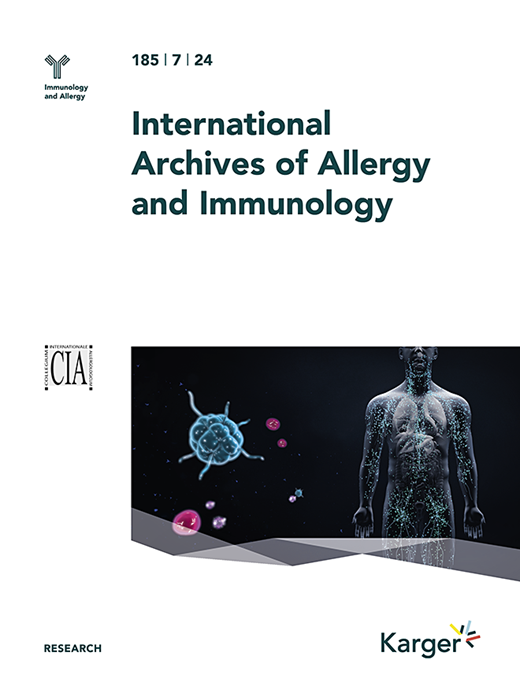Jeong J, Jo H, Son Y et al. Int Arch Allergy Immunol. 2024 Jul 1:1-17.
Abstract
Introduction: A high consumption of carbonated soft drinks (i.e., soda drinks) and fast food is potentially associated with the observed global rise in adolescent allergic diseases. Thus, our study aimed to examine the potential associations between the consumption of soda drinks and fast food and allergic conditions, identifying specific relationships across subgroups and each allergic condition (asthma, allergic rhinitis, and atopic dermatitis).
Methods: This study uses large-scale data from the Korea Youth Risk Behavior Web-Based Survey (total n = 865,614). Soda drinks and fast food were defined by a self-reported questionnaire and allergic conditions by physician-diagnosed within 1 year. Multivariable logistic regression was used to analyze the weighted odds ratios (ORs), along with 95% confidence intervals (CIs), for allergic diseases associated with the intake of soda drinks and fast food.
 |
| Adjusted odds ratios for asthma within the 12 months, based on the consumption of soda drinks and fast food. wOR, weighted odds ratio. |
Conclusion: This first large-scale study suggests that fast food and soda drinks consumption are potentially associated with current asthma, with stronger associations observed in females than males, underscoring the need for sex-specific allergy prevention programs.

No comments:
Post a Comment